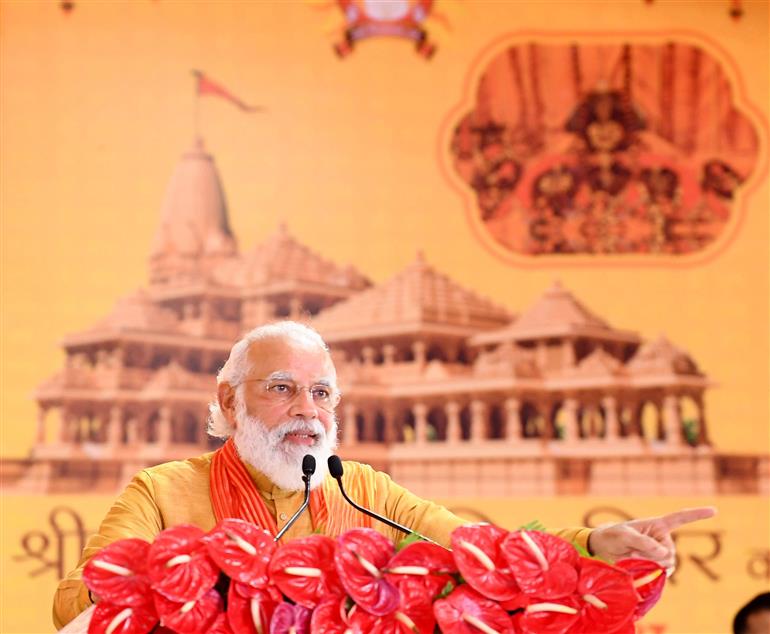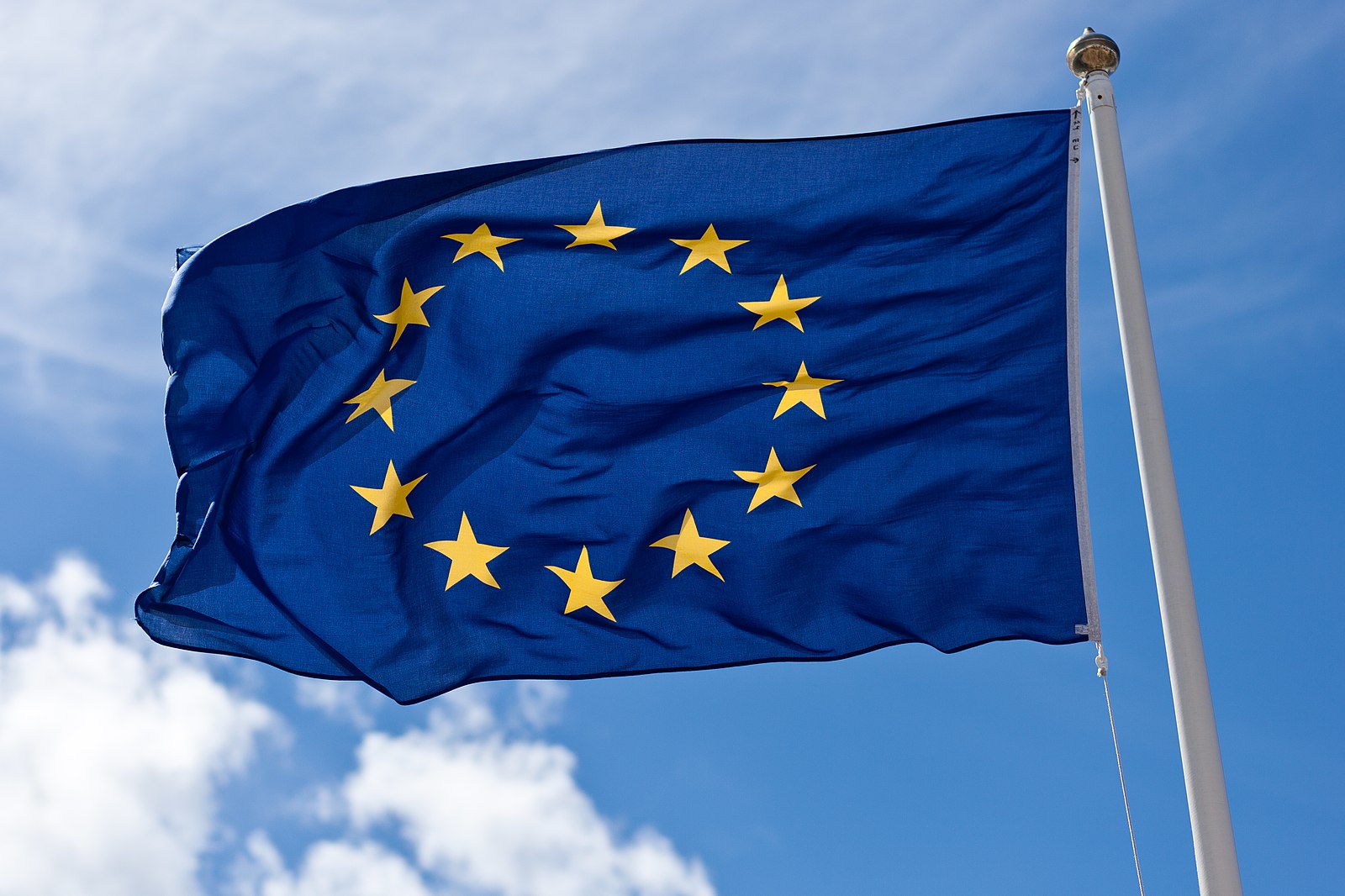By Jacalyn Goldzweig Panitz (Bsc International Relations)

As the process of economic globalisation has unfolded since the 1960s, international trade and capital flows have grown tremendously (Hay, 2014). While perhaps not unprecedented, this growth has led some to argue that the sovereignty of the nation-state is under dire threat. At a campaign rally in April of 2016, then U.S. Presidential-nominee Donald J. Trump affirmed such a notion, stating that “the nation-state remains the true foundation of happiness and harmony,” and vowing to “no longer surrender [the U.S.] to the false song of globalism” (Hattem, 2016). This paper engages with the globalisation President Trump refers to as the expansion of social connections, wherein any person, irrespective of their spatial location (and therefore often transcendent of their territorial geography) has an expanded ability to engage with any other person in the world (Scholte, 2007).
Economic globalisation, which is the re-spatialisation of human connection as it relates to economic activity from the local or national level to the planetary arena, exists as a process of integration toward a single, shared global economy (Scholte, 2007; McGrew, 2014). Further, state sovereignty, as clarified by the Oxford English Dictionary, is the supreme, or absolute and independent authority of a state over its communities, especially in regard to the independent creation of policy. President Trump’s doubts over U.S. power are founded but misguided. While the process of economic globalisation has eroded some aspects of state sovereignty through the imposition of institutional policy constraints as a means to growth, there is no evidence that the concept of the autonomous nation-state will disappear under further pressure from market integration, due to its embedded authority within the contemporary international system.
China’s strategic growth
Countries that have sought to encourage economic globalisation have made concessions in regard to their political authority through the process of entering global governance institutions and by reducing the barriers to entry within their domestic economies. During the 1978 to early 2000s period of drastic economic reform in China, the government in Beijing made a number of strategic calculations to encourage growth. In recognising their need for direct foreign investment to create jobs, to inject capital into the economy, and for foreign exchange, Beijing offered foreign multinational corporations (MNCs) tax breaks, special access to inputs of production, and a relaxed regulatory environment as a first step to loosen direct Chinese market control and cede sovereignty (Blanchard, 2007). Through its accession into the World Trade Organisation (WTO) in 2001, Beijing further released direct control over trade policies, as it accepted standards which stipulated that governments must not regulate foreign firms in excess of those domestic firms, and must treat all foreign firms equally regardless of country of origin (Blanchard, 2007).
States are also limited in their ability to interfere within domestic markets, especially regarding potentially unfair interactions with domestic industry; moreover, they are required to recognise and protect the intellectual property rights of foreign firms (Wade, 2003). In posing serious policy constraints on the Chinese government, this institutional environment signalled to foreign investors that the country was open for business and willing to adhere to international standards. Since its period of reform in the early 2000s, the number of foreign-funded firms in China grew rapidly – over 6% between 2004 and 2006 – to reach over 500,000 entities. Foreign MNCs employ over 24 million Chinese citizens and make up almost half of China’s largest exporters (Blanchard, 2007). Beijing’s desire for foreign investment came with both strings and rewards: reducing trade barriers served as the linking mechanism between the institutions that coordinate economic globalisation and China’s departure from ultimate economic authority.
The ‘race to the bottom’
Beyond reducing the barriers to entry of local economies through the adoption of international standards and norms, states have also given up sovereignty in efforts to garner foreign investment through ‘race to the bottom’ reductions in regulations and taxation. From 1970 to 2000, the number of MNCs grew more than 850 percent. In 2000, the hundred largest of these firms accounted for over four percent of global gross domestic product, and it is in this vein that MNCs may hold bargaining power over states (Blanchard, 2008). As the mobilisation of capital is emboldened through the processes of economic globalisation and market integration, the huge revenues and vast market access of MNCs suggest the risk of labour and capital relocation from states with unfavourable tax or regulatory policy, towards the domestic environments which offer the highest potential rate of return on investment (Blanchard, 2007; Hay, 2014).
First-wave globalism thinkers such as Susan Strange predicted such a movement of corporate revenue towards low-tax jurisdictions. In effect, economic globalisation was thought to be leading toward an aggregate loss of global tax revenue. This would in turn cause cuts to public sector spending and perpetuate state retrenchment, as the continual movement of multinational corporations to low-tax bases would force states to adjust domestic policy to remain competitive, thus creating a long term ‘race to the bottom’ corporate tax scenario (Strange, 1996; Hay, 2014). There is both an observable trend of corporate tax rate reduction from the 1980s onward in Europe, as well as evidence that multinational firms have capitalised on low-tax countries and their capacity to mobilise in order to to maximise overall profits. In 2011, technology corporation Apple avoided 10 billion U.S. dollars in taxes through a cost-sharing agreement between its American headquarters and an Irish subsidiary (de Mooji and Nicodémi, 2008; Seabrooke and Wigan, 2014). In Ireland, Apple was able to avoid corporate taxes altogether as a non-resident. Without this stipulation, Ireland – which is home to only 1% of Apple’s customer base – would have had very little bidding power for the establishment of a subsidiary and the subsequent relocation of 4% of Apple’s employees, or approximately 1,000 jobs (Seabrooke and Wigan, 2014). In the ‘race to the bottom’ scenario, states become constrained in their ability to increase tax rates or impose non-business friendly policy, as they are beholden to multinational corporations for job creation and marginal tax revenues.
The continued primacy of the nation-state
Further pressure from market integration will not erode state sovereignty to such an extent that the conceptualisation of the nation-state should be called into question, as the potential for firm expansion and capitalist development exists solely within a global framework of economically integrated nation-states. The norms and institutions fostered by economic globalisation, including the Organisation for Economic Co-operation and Development (OECD) and the World Trade Organisation (WTO), are beholden to nation-states for their power and their legitimacy (Blanchard, 2007). Thus, institutions perpetuate the primacy of the nation-state. As dictated by international law, states alone may be members of the international governmental organisations which distribute the public goods that enable safe (patent-protected) commercial activity, which include that of intellectual property right protection (Blanchard, 2007). Moreover, the goals of MNCs are inherently commercial. Within its engagement in China, Microsoft’s primary pursuit has been to maximise profits. Economic globalisation, through the growth of capital mobility, facilitated Microsoft’s initial access to the Chinese market, which led to contracts worth nearly 2 billion U.S. dollars in 2005 and 2006 (Blanchard, 2007). MNCs thus have a stake in maintaining the status quo. While these firms may push the boundaries of sovereignty in some instances, they ultimately depend on the concept of the nation-state as a recognised, sovereign entity.
The maintained primacy of the nation-state is additionally due to the consolidation of state power through increased social expenditure, in response to increased corporate tax-to-GDP revenue receipts. From the early 1990s until at least 2008, declining corporate tax rates corresponded to a rising share of tax-to-GDP ratios by a quarter of a point in the European Union (de Mooji and Nicodémi, 2008). States here, potentially through ‘race to the bottom’ policies, have successfully garnered enough foreign investment to more than offset the initial tax revenue losses associated with lower tax rates. During this same period, welfare investment within European states with historic EU membership grew (Hay, 2014). In line with third wave globalisation thinking, economic globalisation has thus had a transformative effect on state policy. This suggests that states have responded to the displacement of some industries – caused by economic globalisation – with social programs in an effort to alleviate the personal burden that citizens experience. Public expenditure is by definition oppositional to the theory of state retrenchment; it reaffirms the status of the state as having total reach, and is rather representative of a consolidation of state power. Increased welfare spending in reaction to globalisation serves as an example of the affirmation of states to existing concepts of sovereignty.
The global reality
State sovereignty is eroded to the extent that institutions impose policy choice constraints, and competition for investment can make states beholden on MNC commercial preferences. However, the concept of a sovereign nation-state remains, in due part to its embedded institutional status and its reassertion of power through welfare spending. While global integration may support President Trump’s idea of diminishing state authority, his portrayal of economic globalisation as negative is purely political.
Bibliography
Blanchard, J. (2007) China, Multinational Corporations and Globalisation: Beijing and Microsoft Battle over the Opening of China’s Gates. Asian Perspective, 31(3), 67-102.
De Mooij, R.A. & Gaetan Nicodème. (2008). Corporate tax policy and incorporation in the EU. G. Int Tax Public Finance,15: 478.
Evolution of the Main Components of Tax Revenue in the EU-28, % of GDP, 2002-2015. (25 Nov 2016). [Graph]. Retrieved from: http://ec.europa.eu/eurostat/statistics-explained/ index.php/ File:Evolution_of_the_main_components_of_tax_revenue_in_the_EU-28,_%25_of_GDP,_2002- 2015.png#file
Hattem, J. (2016). Trump Warns Agains ‘False Song of Globalism.’ The Hill. Retrieved from: http://thehill.com/policy/national-security/277879-trump-warns-against-false-song-of-globalism
Hay, C. (2014). Globalisation’s Impact on States. In J. Ravenhill (Ed.), Global Political Economy (4th ed., pp. 287–316). Oxford.
Mcgrew, A. (2014). The Logics of Economic Globalisation. In J. Ravenhill (Ed.), Global Political Economy(4th ed., pp. 255–286). Oxford.
Scholte, J. A. (2008), Defining Globalisation. World Economy, 31: 1471–1502
Seabrooke L. and Duncan Wigan (2014) Global wealth chains in the international political economy, Review of International Political Economy, 21:1, 257-263.
(2017). In: Oxford English Dictionary. [online] Oxford: Oxford University. Retrieved from:http://www.oed.com/view/Entry/185343?redirectedFrom=sovereignty+#eid
Wade, R. (2003). What Strategies Are Viable for Developing Countries Today? The World Trade Organization and the Shrinking of ‘Development Space’. Review of International Political Economy, 10(4), 621-644.
Photo source: https://www.geo.tv/latest/126353-Critiquing-democracy-globalisation-is-fashionable-wheres-the-action





